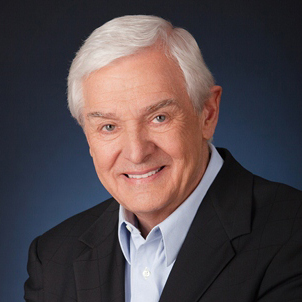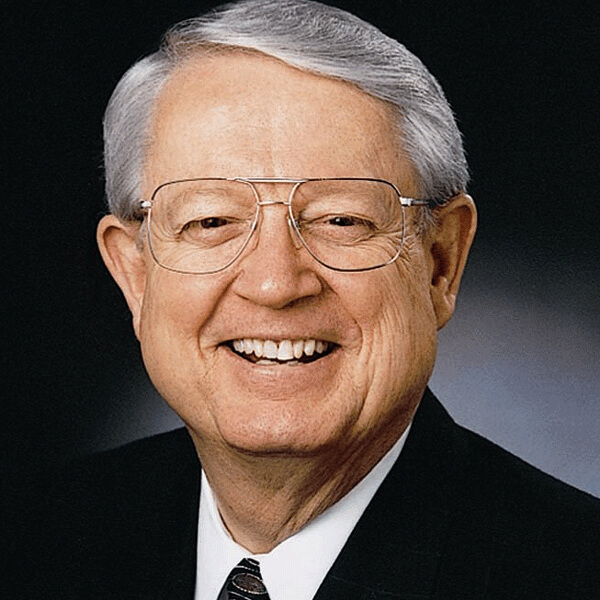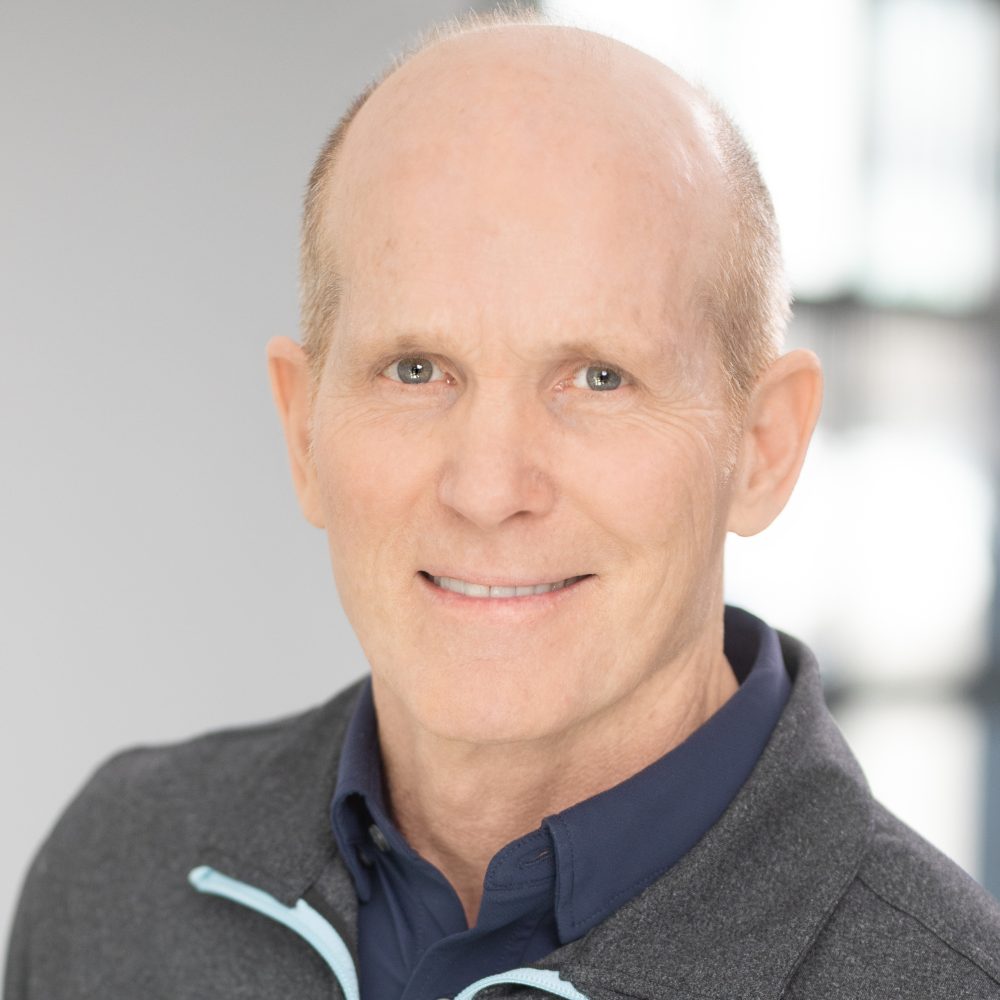“She forgets to pick up the groceries.”
“He loses his keys all the time.”
“I watch the budget or she will spend without thinking.”
“Yes, I am frustrated because it seems like he could just try harder. If he cared about me, wouldn’t he do the things he says he will do?”
These are typical comments for someone living with a person with untreated ADHD. Rachel was frustrated and annoyed at her husband Tim’s lack of follow-through. When they came to see me, they were missing one important fact. Tim had undiagnosed adult ADHD. While he wanted to do all the things that Rachel complained about, he was having trouble making his good intentions become reality. This is a common problem for an adult with undiagnosed ADHD. It is a neurobiological disorder that impacts self-management. No amount of willpower is going to fix it. If not addressed, it can lead to marital problems.
Adults with ADHD, like children, have problems with what is called the executive functions of the brain. The executive functions help you to get things done and are controlled by the frontal lobe of the brain. Executive function includes things like managing time, paying attention, changing focus, remembering details, and planning and organizing. This part of the brain functions differently for someone with ADHD, causing the following symptoms: forgetfulness, poor planning, disorganization, poor time management, lack of focus, difficulty multitasking, and impulsiveness.
Tim is a smart man but his ability to regulate his attention and emotions are impacted by the ADHD. His brain has structural, functional, and chemical differences from a non-ADHD brain. Parts of his brain (the amygdala and hippocampus) are smaller, impacting emotional processing and impulsivity. There is decreased blood flow to the prefrontal parts of his brain where those executive functions take place and there is a dysregulation of the dopamine system in his brain. This is one reason stimulant medications work. Good intentions to do better will not fix this neurodevelopmental problem.
For Tim, he had to acknowledge the ADHD because it was interfering with his relationship with Rachel. He also needed to explore treatment options since one can’t will ADHD away. First, he needed a mental health evaluation to properly diagnose his ADHD. Once evaluated, he decided to use medication to improve his symptoms. Immediately, he noticed a significant difference in his ability to pay attention, concentrate, and control his impulses. His wife reported that the medication made a big difference. Tim was able to follow through and focus.
Tim also had to acknowledge the burden that his ADHD had put on their relationship. The couple had to reorganize. Rachel had to stop parenting Tim. He called it nagging, but Rachel could not count on him to get things done. Tim also decided to employ an ADHD coach to help with planning and organization until he could land on a system that kept him accountable.
Rachel worked hard to separate the symptoms of ADHD from the man she loved. This helped keep her frustration in check. The couple divided household tasks based on the strengths each brought to the task. Each week, they sat down together to do a check on how the changes were working. Tim learned to set external reminders by keeping notes on things to get done and developing a routine. The couple was able to get out of the cycle of complaining, nagging, and resentment, followed by feelings of shame and judgment. Once they understood the impact of ADHD on their relationship and got help through both medication and coaching, their relationship greatly improved.









